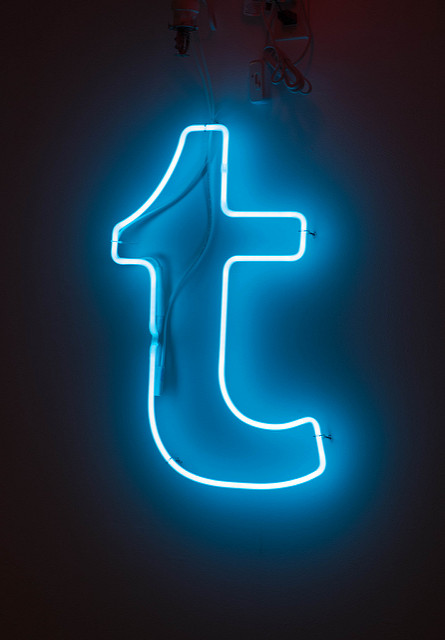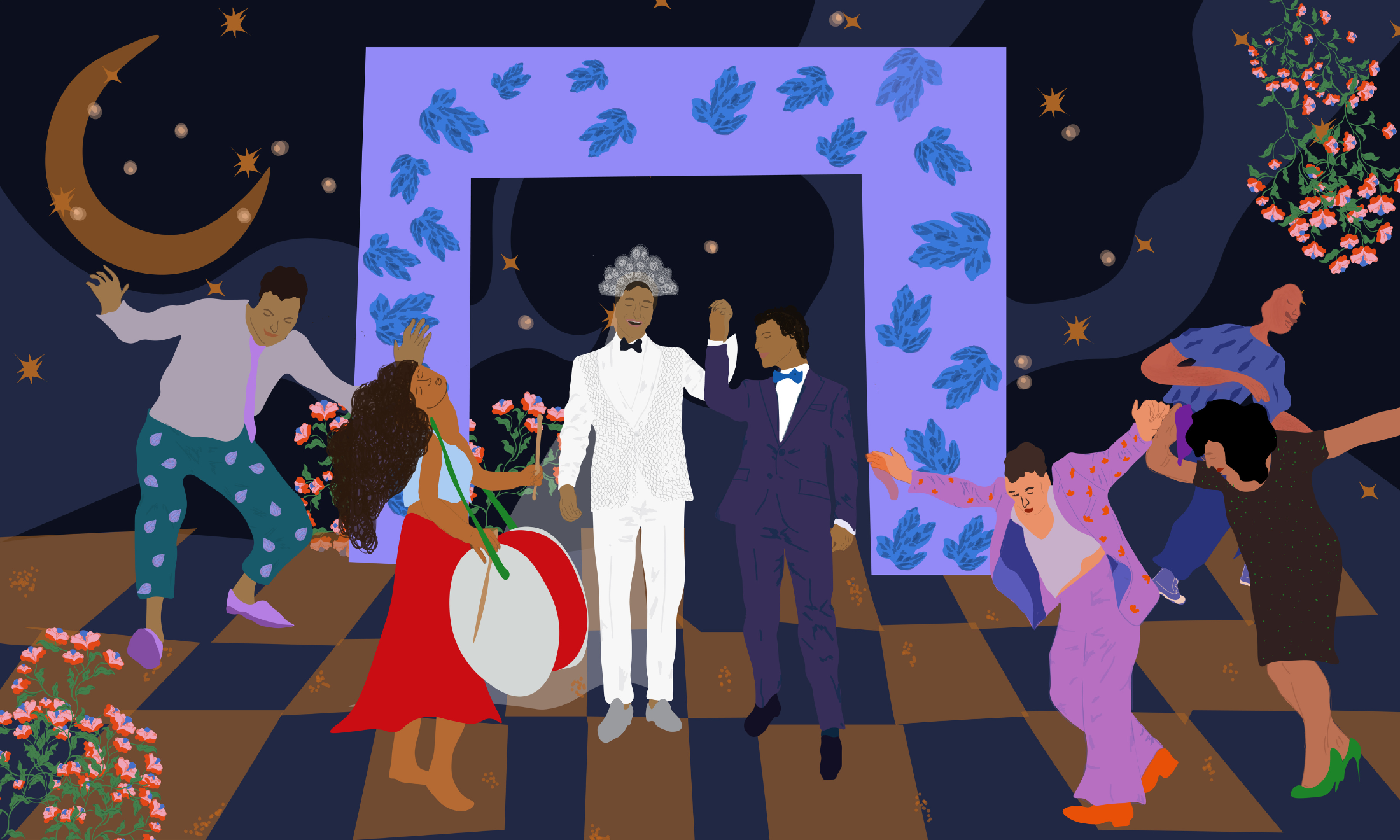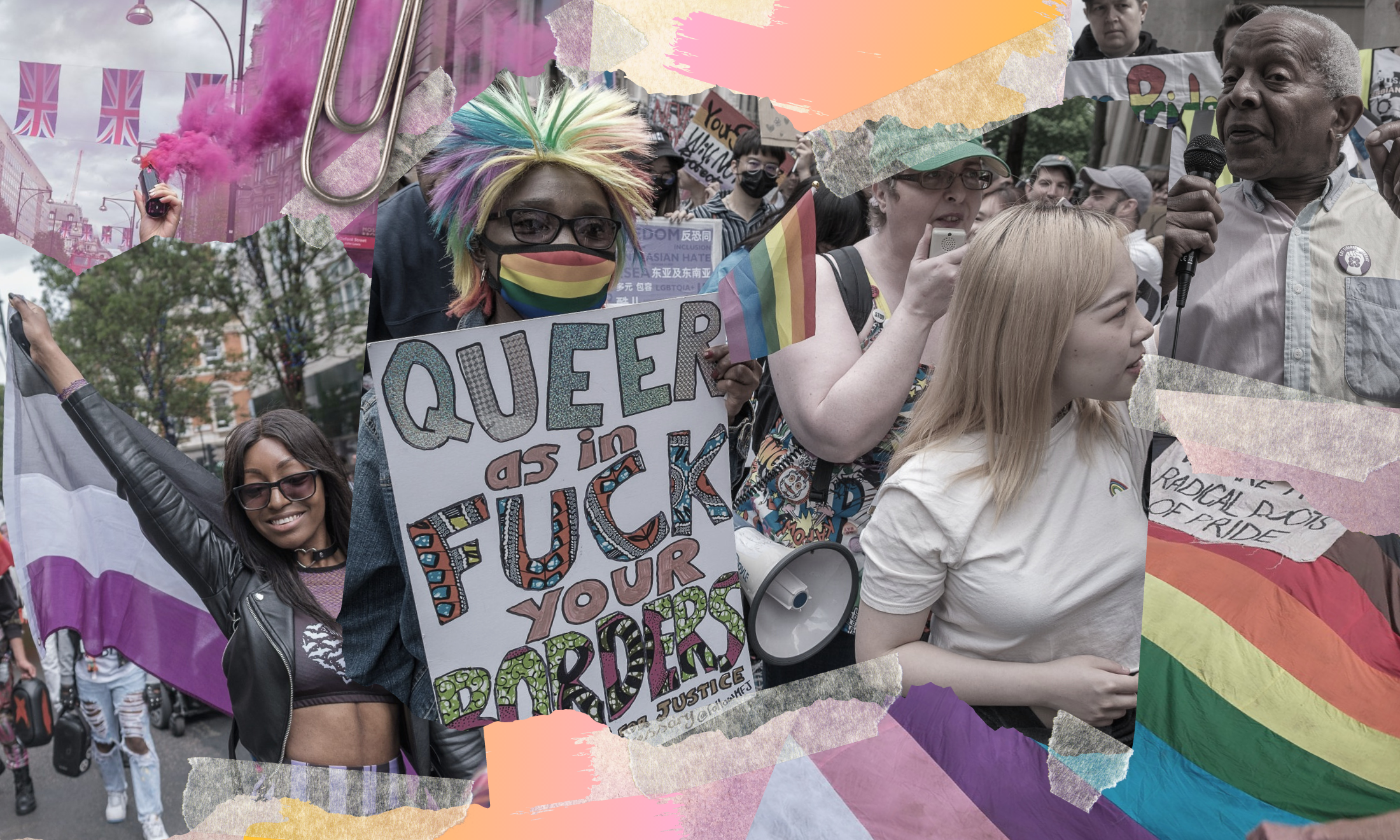
Image via Creative Commons
On 17 December, Tumblr announced that it would be banning all nudity and not safe for work (NSFW) content, to limit users’ exposure to sexualised content and market Tumblr as a “safe” platform for families. An admirable sentiment, but a misguided one, because this explicit content ban acts as a barrier for all people of colour (PoC) to explore their sexuality in a fully realised way.
Tumblr states that they now ban any “images, videos and GIFs that show human genitalia or female-presenting nipples” as well as “any content… that depicts sex acts”. This policy flags content that is considered explicit and removes access to blogs with adult content by preventing users from viewing their pages and tags. There has already been criticism of the ban, with some reporting that the algorithm is removing content that Tumblr said they would protect. Art of a sexual nature — like a Renaissance painting — would not be flagged, but many Tumblr users have complained that much of it has now been removed. Sex workers have also criticised Tumblr’s change in policy, complaining that the site was once a safe-haven for advertising to, and vetting clients, artists and LGBT+ identifying people.
Additionally, while Tumblr’s community guidelines state that Tumblr is “a place to speak freely about topics like art, sex positivity, your relationships, your sexuality, and your personal journey”, LGBT+ identifying people have found that a lot of queer content has also been flagged as explicit content. 80% of young LGBT+ people use Tumblr – and this smacks of intolerance and bigotry.
Less has been written about the effect this ban will have on the many people of colour who frequent Tumblr. Many have used Tumblr for years as a platform to explore their sexuality and identity. For many PoC households, discussing these topics has been off-limits as liberal attitudes to sex often run contrary to more traditional ethnic minority cultures. As a child, Tumblr became a place for me to discuss what being gay, lesbian, bisexual etc. meant, because my parents did not teach me about the terminology. For some women of colour, owning your sexuality can be viewed as inappropriate and sexual education is limited. Tumblr was where we went to gain the knowledge we lacked, and to connect with other marginalised people.
Exploring the explicit content on Tumblr was different to tentatively searching the word “porn” on a private browser, under the cloak of darkness. Tumblr was more personal in every way: there is an active and supportive community on Tumblr because, at its heart, the site is considered a blogging and social media platform. Photos and videos can be uploaded by individual users and reblogged, reaching hundreds of thousands of people. Compared to the offerings of PornHub, Tumblr’s content is more real, and offers a safe haven to other PoC, who share experiences and similar cultures where they can discuss their relationship with sex.
“For many PoC households, discussing these topics has been off-limits as liberal attitudes to sex often run contrary to more traditional ethnic minority cultures. As a child, Tumblr became a place for me to discuss what being gay, lesbian, bisexual etc. meant.”
While Tumblr has used this porn ban as an overcorrection to a problem with child-pornography – which, of course, should be dealt with – they have not sought to remove the hundreds of blogs and thousands of posts that contain racist, offensive and derogatory materials. If you search the terms “white pride” or “white Nationalism” for example, you are greeted by a number of far-right blogs that subscribe to white supremacist ideals and post xenophobic, misogynistic, anti-semitic and anti-black sentiments.
Sexual content, if done right, can be both educational and thought-provoking – and the majority of the sexual content on Tumblr is. So, why is banning sexual content taking precedence over the removal of the bigotry and hatred?
Tumblr offered solace; it was a safe haven for us all to explore our sexuality and find out who we were, how to present ourselves, and what to do when we found ourselves in difficult situations. Where can we go now? Sure, Google exists, but reading the pages of Cosmopolitan or Marie Claire doesn’t offer the same sense of community or representation. PoC found each other on Tumblr and we developed a collective sexual confidence. Now it seems, we’ve lost that.









